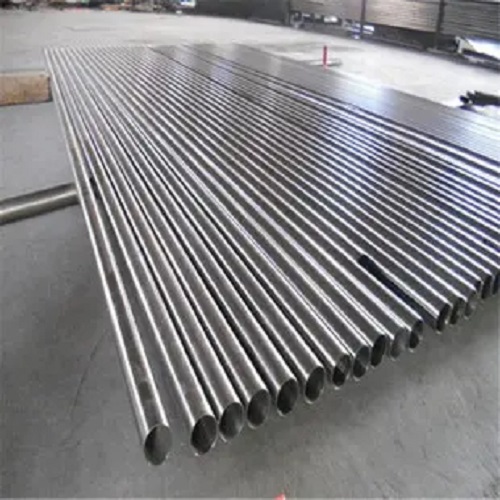Advantages of using nickel alloy tube in industrial projects (Shanghai HY Industry Co., Ltd-marketing department)
Shanghai HY Industry Co., Ltd provides our customers with a variety of seamless nickel alloy tube, but what are the advantages of using them in your industrial projects?
Pipes are currently one of the most popular nickel alloy products and are widely used in many different industrial fields. High-temperature alloy pipes are commonly used in aviation, chemical, oil and gas industries and other fields. Due to the combined effect of various factors, these environments are both harsh and extreme. The presence of corrosive media, high temperature and high pressure gives design engineers a lot of room for thinking. Choosing materials for these industrial projects means understanding the properties of different alloys and metals.
Some can be used to build pipelines, including titanium, steel, and aluminum. However, choosing a nickel-based alloy has certain benefits, which we outline here.
Corrosion resistance
One of the greatest advantages of nickel alloy tube is that they are incredibly resistant to several different types of corrosion. This includes oxidizing media that are ubiquitous in many industrial environments. Nickel oxidizes slowly at room temperature, so it is considered a natural corrosion-resistant material. High-performance nickel alloys are also resistant to reducing media, corrosive chemicals and seawater. Corrosion resistance varies with different pipeline grades. For example, the popular Inconel 625 has excellent corrosion resistance, so it is widely used in chemical processing.
Heat resistance
Industrial environments are often very hot. Materials need to be able to withstand these extreme conditions without warping, corrosion or losing strength. Especially in industries such as rockets, automobiles, and aerospace, the right materials are critical to the safety of the final product. Nickel alloys, especially those with high chromium content, are particularly resistant to high temperatures. Nickel-copper alloys, such as MONEL 400, also have incredible heat resistance. This material is commonly used in heat exchanger pipes and process vessels.
Mechanical properties
-
Nickel alloys have certain mechanical properties that make them useful for industrial operations. For example, they exhibit a low thermal expansion rate. When exposed to high temperatures, the material expands, which affects the area, volume, or shape of the material. This change in material structure is not desirable in industrial applications, because industrial applications must maintain the original size and shape. Nickel alloys can be added with certain elements to help maintain low levels of expansion, such as cobalt.
-
Some nickel alloys, such as nickel-titanium alloys, also have good shape memory capabilities, which are rare among metal alloys. This refers to the ability of a material to recover its original shape after heating. Nickel alloys also have magnetic permeability, which is essential for materials used in generators, motors, turbines, and power plants.


